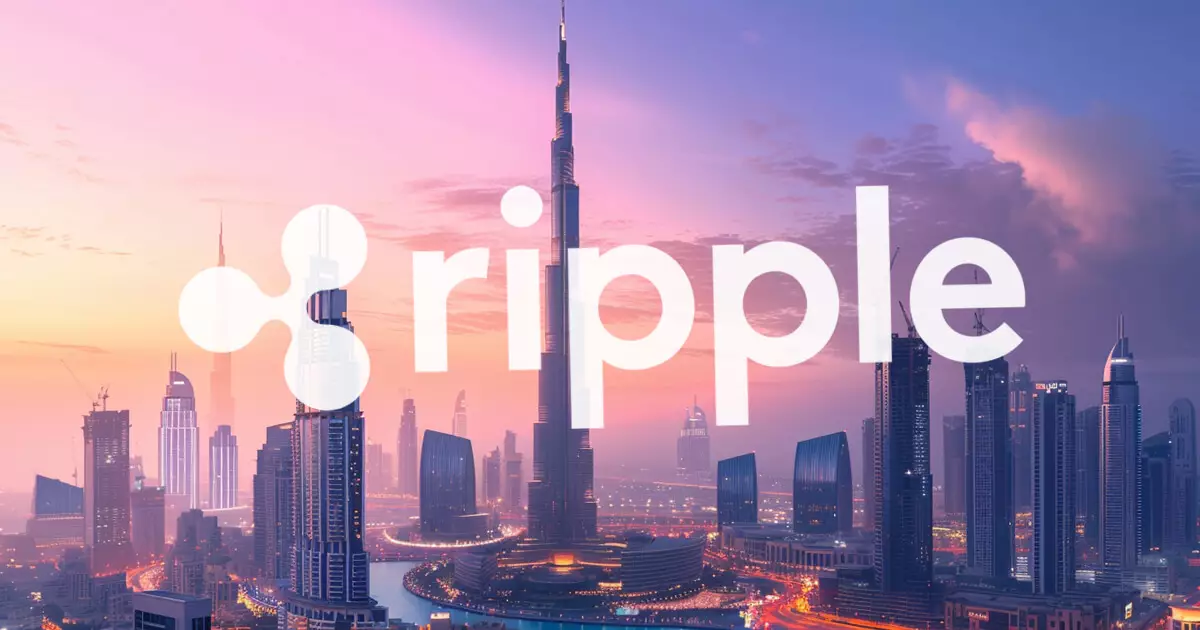In a pivotal advancement for blockchain technology, Ripple has recently garnered in-principle approval from the Dubai Financial Services Authority (DFSA). This development, announced on October 1, positions Ripple as the inaugural blockchain payment service provider to receive such a license, thereby reinforcing its status as a significant player in the financial sector. This achievement is particularly relevant for Ripple as it seeks to promote innovation in financial services throughout the United Arab Emirates (UAE).
Ripple’s achievement in the UAE is not just a standalone event; it is a continuation of its strategy to build a vast portfolio of regulatory licenses across the globe. Currently, Ripple holds over 55 licenses, covering critical markets such as Singapore and New York. This growing list of approvals enhances Ripple’s credibility and regulatory compliance, vital components for instilling trust among users and investors. The DFSA’s endorsement allows Ripple to expand its footprint in the Dubai International Financial Centre (DIFC), a strategic move aimed at capitalizing on the rapidly evolving financial landscape of the UAE.
One of the most significant benefits of this licensing is Ripple’s ability to deploy its advanced digital asset infrastructure across the UAE. With this certification, Ripple can introduce its Ripple Payments Direct (RPD) solution, designed to streamline cross-border payments significantly. In a world where time is money, Ripple’s initiative aims to provide faster and more cost-effective payment solutions, addressing existing pain points in the financial system. This ability to blend regulatory compliance with cutting-edge technology positions Ripple to address the growing demands of global commerce effectively.
Ripple’s continued growth trajectory indicates its potential to rival traditional industry giants, such as SWIFT, long considered the backbone of international payments. According to insights from global investment bank Houlihan Lokey, Ripple’s innovative blockchain solution could reshape the competitive landscape of financial transactions. SWIFT, while enduringly entrenched, now faces competition from various fronts, including card networks and emerging FinTechs, which could lead to a transformative period in cross-border payment processing.
Ripple’s entry into the UAE market is part of a broader strategic plan to enhance its presence in the Middle East. Since establishing its regional headquarters in Dubai in 2020, Ripple has benefited from the UAE’s regulatory clarity that promotes innovation among crypto firms. This supportive environment not only enhances Ripple’s operations but also opens avenues for expansion into adjacent growing markets in Africa and South Asia.
As Ripple continues to integrate its solutions within established regulatory frameworks, it is poised to redefine the dynamics of international payments while addressing modern financial needs efficiently. The implications of Ripple’s advances in the UAE could influence the fundamental structure of financial operations on a global scale, encouraging other regulatory bodies to adopt similar innovative frameworks.


Leave a Reply